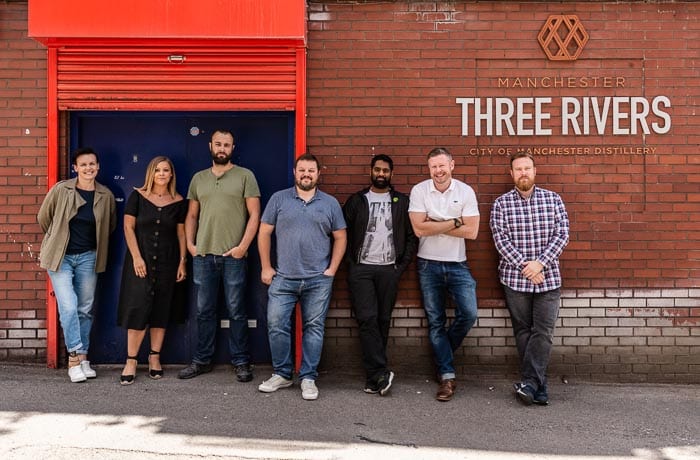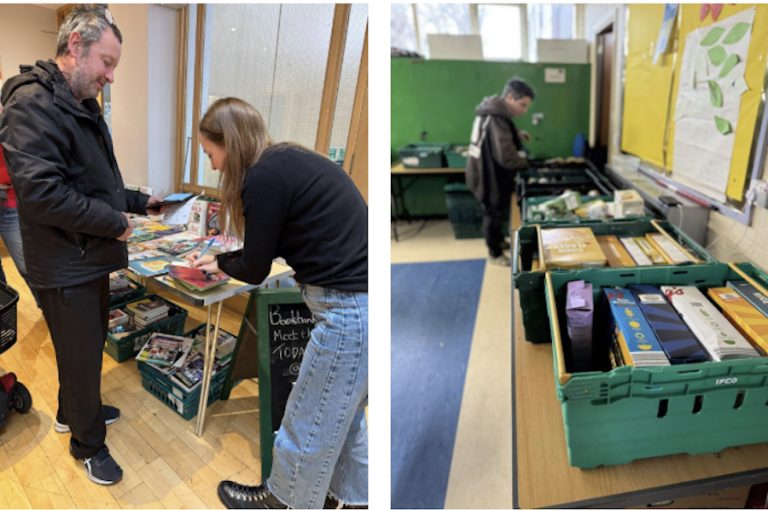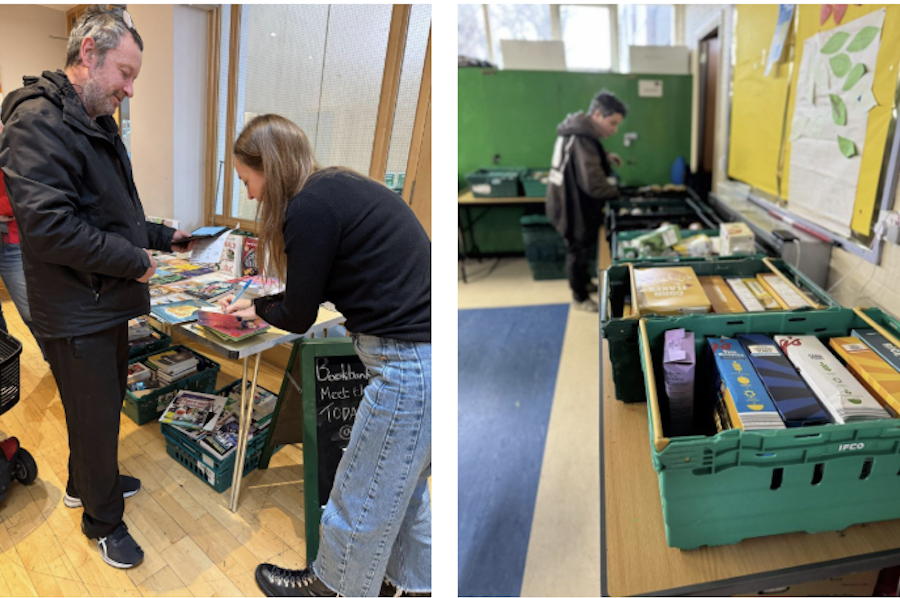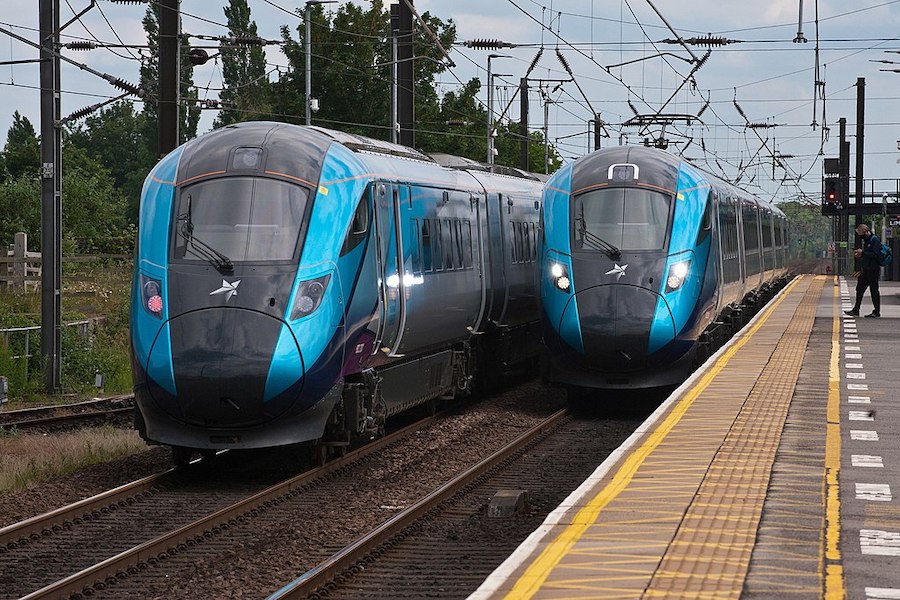Why some of Manchester’s thriving independent businesses could be at risk – and how you can help
- Written by Ana Iliescu
- Last updated 7 years ago
- Business, City of Manchester, Sport, Videos

Network Rail is in the middle of selling all of its 5,500 railway arches to a single bidder, most likely a hedge fund who will have a long leasehold on every single arch.
The decision could affect every independent business based in an archway space all over the country.
Small businesses have been faced with massive rent increases following the sell-off in other parts of the country. For small independent businesses like Manchester Three Rivers, higher rents could make life difficult.
Manchester Three Rivers is a success story that shows the potential such spaces have. They have managed to transform an abandoned self-storage space into Manchester city centre’s first ever distillery.
In their railway arch, they produce every single batch of their multi-award winning gin by hand and their Gin Experience Tour is now a top tourist attraction in Manchester.
They have joined forces with campaigning group Guardians of the Arches to petition against the sale and to raise awareness about the threat.
“We want to get the message out there to all the local businesses based in the arches who are unaware of the fact that the sale is happening and get the word out there to the consumers and the communities so that they can support this campaign,” says Three Rivers founder Dave Rigby.
“People need to know these businesses are here, that potentially they’re under threat and really just get behind it.”

Being based in the archways in the Green Quarter is vital for businesses like Three Rivers because they provide a space that is suitable for different aspects of the business.
“Obviously this is an industrial unit and we are a production facility, a factory if you like, but we wanted to create another area where people could come in, which is a bit warmer and a bit friendlier, so they could relax and where we could create the gin school,” says Dave.
“We didn’t just want to put a product on a shelf and slap the word Manchester on it. We wanted to create something where people can come down and be a part of what we do but also be creative and make something themselves.”
The archways give an opportunity to those who don’t have big start-up budgets to come in and be creative.
“Opening a business in a railway arch gives entrepreneurs the best chance of starting their business in city centres where it would have been impossible to have opened on a high street due to the extortionate rents,” says co-founder Louise Rivers-Hull.
“These businesses regenerate areas which were once empty, dank arches into thriving communities.”
“They can be rough and ready or a bit rough around the edges but that’s perfect,” says Dave.
“A lot of these businesses in the area don’t need multi-million pounds fit outs or shiny chrome and glass. They offer an affordable opportunity for independent creative people to come along and do something amazing.”
Besides the financial benefits that make the railway arches the perfect place for local initiatives, Dave says that at the end of the day people need to ask themselves what is it that makes them proud to be Mancunians.
He emphasises the importance of independent businesses not just to Manchester’s economy but to its character.
“They contribute so much to making Manchester what it is as a city, its atmosphere and identity which then goes out around the world.
“And when they are threatened, they need the support of the general public and the people of Manchester so that they can continue what they’re doing and we can all continue to shout about what an amazing city this is.
“It’s that different mindset, that different way of doing things, that different approach and the desire to not just be a passive consumer.
“Wanting to be part of a creative community is what Manchester embodies. Signing off this unique kind of private property takes us one step closer to becoming just another city full of corporate entities. And if that happens we’ll lose what Manchester stands for.”
- This article was last updated 7 years ago.
- It was first published on 2 July 2018 and is subject to be updated from time to time. Please refresh or return to see the latest version.
Did we miss something? Let us know: press@ilovemanchester.com
Want to be the first to receive all the latest news stories, what’s on and events from the heart of Manchester? Sign up here.
Manchester is a successful city, but many people suffer. I Love Manchester helps raise awareness and funds to help improve the lives and prospects of people across Greater Manchester – and we can’t do it without your help. So please support us with what you can so we can continue to spread the love. Thank you in advance!
An email you’ll love. Subscribe to our newsletter to get the latest news stories delivered direct to your inbox.
Got a story worth sharing?
What’s the story? We are all ears when it comes to positive news and inspiring stories. You can send story ideas to press@ilovemanchester.com
While we can’t guarantee to publish everything, we will always consider any enquiry or idea that promotes:
- Independent new openings
- Human interest
- Not-for-profit organisations
- Community Interest Companies (CiCs) and projects
- Charities and charitable initiatives
- Affordability and offers saving people over 20%
For anything else, don’t hesitate to get in touch with us about advertorials (from £350+VAT) and advertising opportunities: advertise@ilovemanchester.com



Martyn’s Law granted royal assent today to protect venues from terror attacks


Manchester and Los Angeles prove that opposites really do attract
















